QNA
OCTOBER 22, 2023 |

A Qatari plane carrying 37 tonnes of food and medical aid, provided by Qatar Development Fund, departed for the city of El Arish in Egypt. This aid is intended for transfer to Gaza and is part of Qatar’s ongoing support for the Palestinian people.
The participation of His Highness the Amir Sheikh Tamim bin Hamad al-Thani in the Cairo Peace Summit yesterday reiterates Qatar’s firm stance in supporting the Palestinian cause and keeping it at the top of the priorities of its international movement.
Since the early days of the Palestinian cause over 70 years ago, this central issue has remained a prominent concern in the hearts and minds of the people of Qatar, including the Amir, the government, and the citizens. Qatar has supported it on all international platforms, using all means and resources, making it a top priority for the state. Qatar has dedicated political, financial, and moral support to the Palestinian people, driven by steadfast principles, ethical values, and human values.
Qatar has shouldered the Palestinian cause and their legitimate aspirations, including their right to establish their state on their national land, with its capital, Jerusalem, in every international arena. Qatar has spared no effort in highlighting the justice of the Palestinian issue and the great injustice and oppression suffered by the Palestinian brothers due to the Israeli occupation, which killed them, seized their land, and displaced them across the earth.
In all the speeches of His Highness the Amir Sheikh Tamim bin Hamad al-Thani before various local, Arab, and international forums and platforms, the Palestinian issue was prominently and forcefully placed at the top of priorities and concerns. In his first speech upon assuming duties in June 2013, His Highness the Amir reaffirmed that Qatar is committed to solidarity with the Palestinian people in their struggle to attain their legitimate rights, considering it a prerequisite for a just peace, which entails the Israeli withdrawal from all the Arab territories it occupied in 1967, including East Jerusalem, the establishment of an independent Palestinian state, and the right of return for refugees.
In his speech at the 78th session of the UN General Assembly in New York in September, the Amir reiterated Qatar’s rejection of the continued Israeli occupation of Palestinian territories, stating: “The Palestinian people cannot remain prisoners of Israeli settlement arbitrariness, and the successive Israeli governments have rejected any fair political solution based on international legitimacy principles.”
He emphasised that the international organisation’s failure to take action against the occupation provides Israel with the opportunity to undermine the foundations of the two-state solution through expansion and settlement, to the point where the occupation takes the form of a racist regime in the 21st century.
The Amir renewed Qatar’s commitment to provide political, humanitarian, and developmental support to the Palestinian people, adhering to the initial position of justice in this issue, which has become a test of the credibility of world leaders towards the Middle East.
In May of last year, His Highness the Amir sent a message to the high-level meeting of the UN Committee on the Exercise of the Inalienable Rights of the Palestinian People on the occasion of the 75th anniversary of the Palestinian Nakba, held at the UN headquarters in New York.
The Amir stated: “After seven and a half decades since the Nakba, we renew our confidence in the justice of the Palestinian cause and salute the brave resilience of the Palestinian people in their quest for all their rights. We emphasise Qatar’s consistent stance on the necessity of achieving a comprehensive, just, and lasting settlement for the Palestinian issue based on international law and UN resolutions, ending the Israeli occupation, and achieving a two-state solution, including the establishment of an independent Palestinian state with its sovereignty, based on the 1967 borders and its capital, East Jerusalem, granting all the inalienable rights of the Palestinian people, in accordance with the relevant Security Council resolutions and the Arab Peace Initiative.”
In his speech during the 28th Arab League Summit in Jordan in 2017, the Amir reiterated that “Qatar’s steadfast stance on the Palestinian issue is in line with the Arab commitment to establish a comprehensive, just, and permanent peace settlement based on international legitimacy and the Arab Peace Initiative. This initiative is based on the principle of a two-state solution, ensuring the establishment of the Palestinian state along the borders of June 4, 1967, with its capital in East Jerusalem, the right of return for Palestinian refugees, and ending the Israeli occupation of all Arab territories, including the Syrian Golan Heights.”
In accordance with the directives of His Highness the Amir, on October 16, a Qatari plane carrying 37 tonnes of food and medical aid, provided by Qatar Development Fund, departed for the city of El Arish in Egypt. This aid is intended for transfer to Gaza and is part of Qatar’s ongoing support for the Palestinian people, demonstrating its full commitment to assisting them during the challenging humanitarian conditions resulting from the Israeli bombardment the Gaza Strip has been facing.
As part of Qatar’s ongoing and strong support for the Pa
lestinian people, a donation of $500mn was provided in May 2021 under the Amir’s directives. This grant was designated for the reconstruction of the Gaza Strip, specifically focusing on essential infrastructure in the health, education, and electricity sectors, as well as homes that were destroyed due to Israeli attacks.
On March 22, 2020, the Amir provided $150mn over a period of six months in support of the Palestinian people in Gaza. This initiative aimed to continue Qatar’s efforts to alleviate the suffering of our Palestinian brothers and support the relief and humanitarian programs of the UN in Gaza. The support included financial assistance to the residents of the besieged Gaza Strip in their efforts to combat the spread of the novel coronavirus (Covid-19).
On May 6, 2019, the Amir, directed the allocation of $480mn in support of the Palestinian people in both the West Bank and Gaza. On October 10, 2018, His Highness the Amir directed the provision of urgent humanitarian assistance to the people of the besieged Gaza Strip, amounting to $150mn. This contribution aimed to alleviate the worsening humanitarian situation in the Gaza Strip, which had persisted for years. On February 8, 2018, the Amir, directed the provision of urgent assistance amounting to QR33mn, which included medicines, medical supplies, food items, and fuel for hospital generators in the Gaza Strip. These contributions underscore Qatar’s consistent commitment to providing humanitarian support to the Palestinian people in their time of need.
On December 19, 2017, His Highness the Amir directed the complete exemption of residents of Hamad City in Khan Yunis in the Gaza Strip from paying monthly instalments for the year 2018.
On January 15, 2017, His Highness the Amir provided an urgent payment of QR43.8mn to address the electricity issue in the Gaza Strip. He also urged international co-operation to study the electricity problem in the region and propose comprehensive solutions.
To alleviate the ongoing suffering of the people of Gaza, His Highness directed the provision of QR110mn worth of fuel to operate the power stations in the Gaza Strip in March 2014. In December 2013, he directed the provision of $32mn worth of fuel and sent urgent humanitarian assistance and relief materials totalling $28mn to address the severe weather conditions in the region.
Additionally, Qatar provided a financial grant to support 100,000 vulnerable and impoverished families in the besieged Gaza Strip, providing $100 for each family. Qatar Development Fund signed an agreement with the UN Relief and Works Agency for Palestine Refugees (UNRWA) to support its core resources for the 2021-2022 period with a contribution of $18mn. In addition to the previously mentioned support, Qatar provided comprehensive additional assistance for Palestinian refugees in Syria, covering various sectors including healthcare, education, and economic development, with a total amount of $7mn.
His Highness the Father Amir Sheikh Hamad bin Khalifa al-Thani was the first Arab leader to visit Gaza Strip after the establishment of the Palestinian Authority. During his visit, he was welcomed by the late Palestinian President Yasser Arafat. This visit brought hope to the people of Gaza, as it marked a new beginning and a glimpse of optimism for over 1.7mn citizens who had endured years of Israeli blockade and the devastating Israeli military operation in 2008. This operation caused extensive destruction to both human and physical infrastructure, including homes, mosques, schools, hospitals, civil and military government facilities and infrastructure.
As part of its national role in supporting the Palestinian cause and promoting Arab solidarity, the capital of Qatar, Doha, hosted three Arab summits. One of them was the Doha Emergency Summit held in January 2009, which was named the “Gaza Summit.” During this summit, Arab leaders called for suspending the Arab Peace Initiative, halting all forms of normalization with Israel, and establishing a fund for the reconstruction of Gaza.
Doha Emergency Summit, in its concluding statement, condemned Israel for its aggression on Gaza and demanded an immediate cessation of all forms of aggression and an immediate withdrawal of Israeli forces from Gaza. The statement also stressed the necessity of immediately and permanently opening the border crossings, and allowing all humanitarian aid to enter and distribute it freely within the Strip.
Qatar’s support for Al-Aqsa Mosque was strong and evident. In 2013, during the Arab Summit held in Doha, Qatar launched an initiative to create a fund named “Support for Jerusalem” with a budget of $1bn. During the Arab Economic Summit held in Kuwait in January 2009, Qatar declared its support for the Gaza Strip with a quarter-billion dollars to participate in the reconstruction of Gaza after the 2008 aggression. In the Cairo conference that took place in October 2014, after the war initiated by Israel on the Gaza Strip that summer, Qatar pledged $1bn for the reconstruction of the region.
Qatar is keen to pay its annual share to support the Palestinian Authority. It also continues to provide a lot of humanitarian aid to the residents of the Gaza Strip, the West Bank, and Jerusalem, through Qatari charitable societies, in addition to its contributions to supporting Palestinian educational institutions. It also received Palestinian teachers to work on its territory, and continued to support UNRWA, to enable it to fulfil its mission of relief and employment for Palestinian refugees in refugee camps.
Qatar also established a residential city to accommodate the victims of the war on Gaza, and a hospital for prosthetic limbs, as part of dozens of service projects and facilities that Qatar provides to the residents of the Strip under the supervision of the Qatar’s Gaza Reconstruction Committee in all medical, humanitarian, services, health, education, housing, agriculture and electricity sectors.
At the level of Palestinian reconciliation, Doha led great efforts to end the division and achieve reconciliation between the Fatah and Hamas movements. On the humanitarian level, Qatar was the first to host fifteen Palestinian prisoners who were liberated as part of a prisoner exchange deal in 2011. They were among 40 prisoners whom Israel stipulated to be deported outside the Palestinian territories, out of a total of 477 who were released.
(QNA)


/cdn.vox-cdn.com/uploads/chorus_image/image/72780317/1695459743.0.jpg)

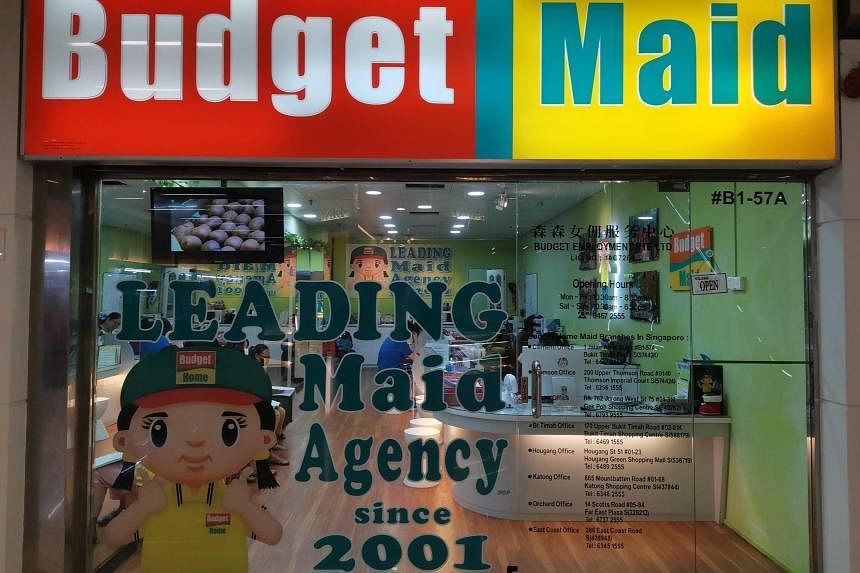
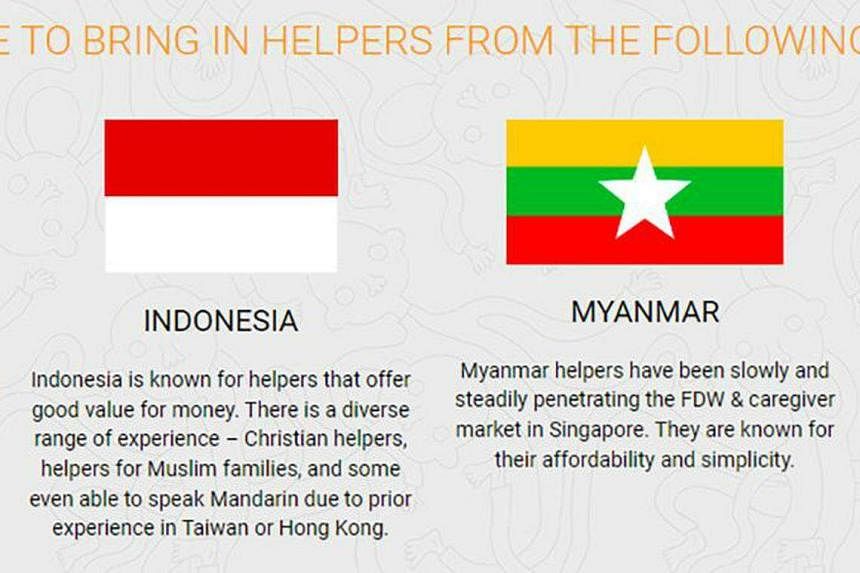
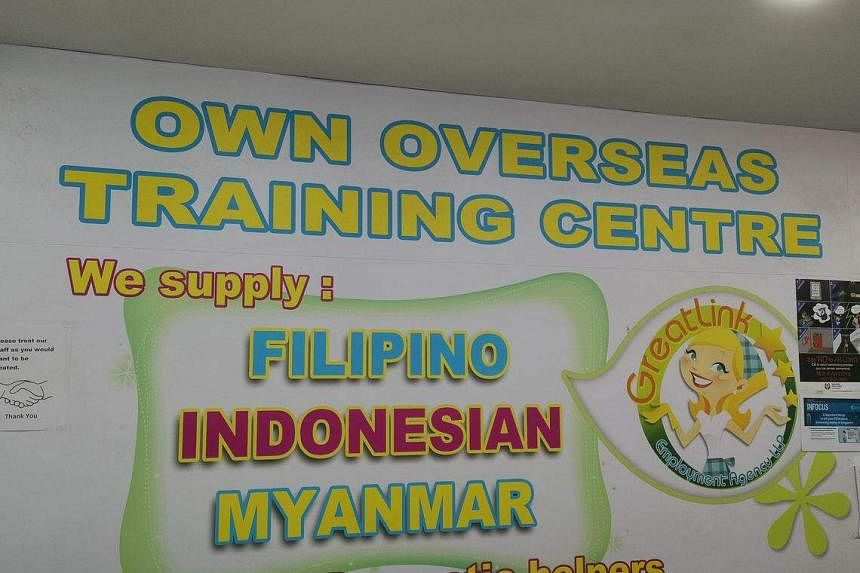
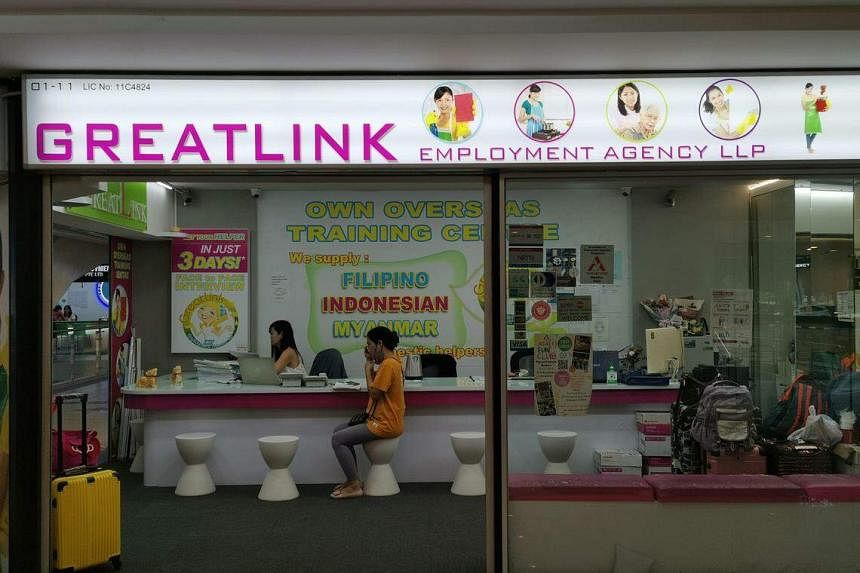

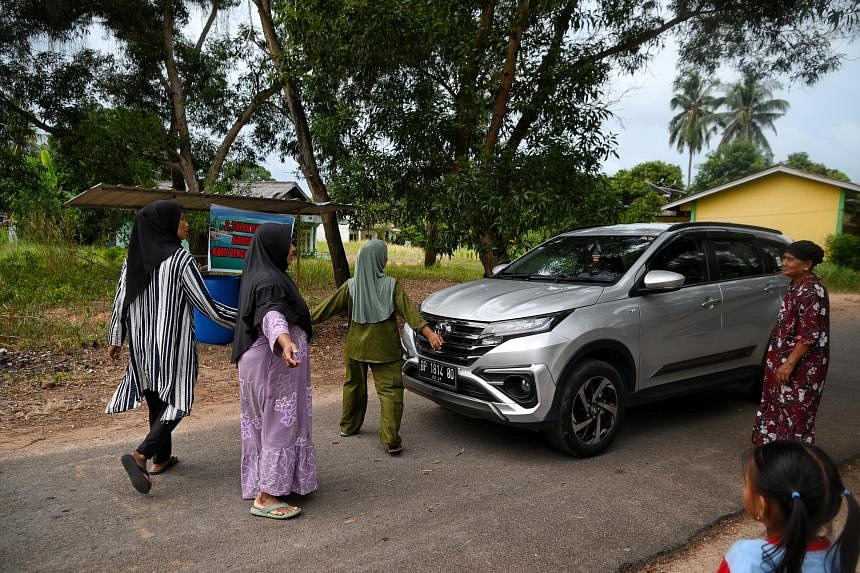

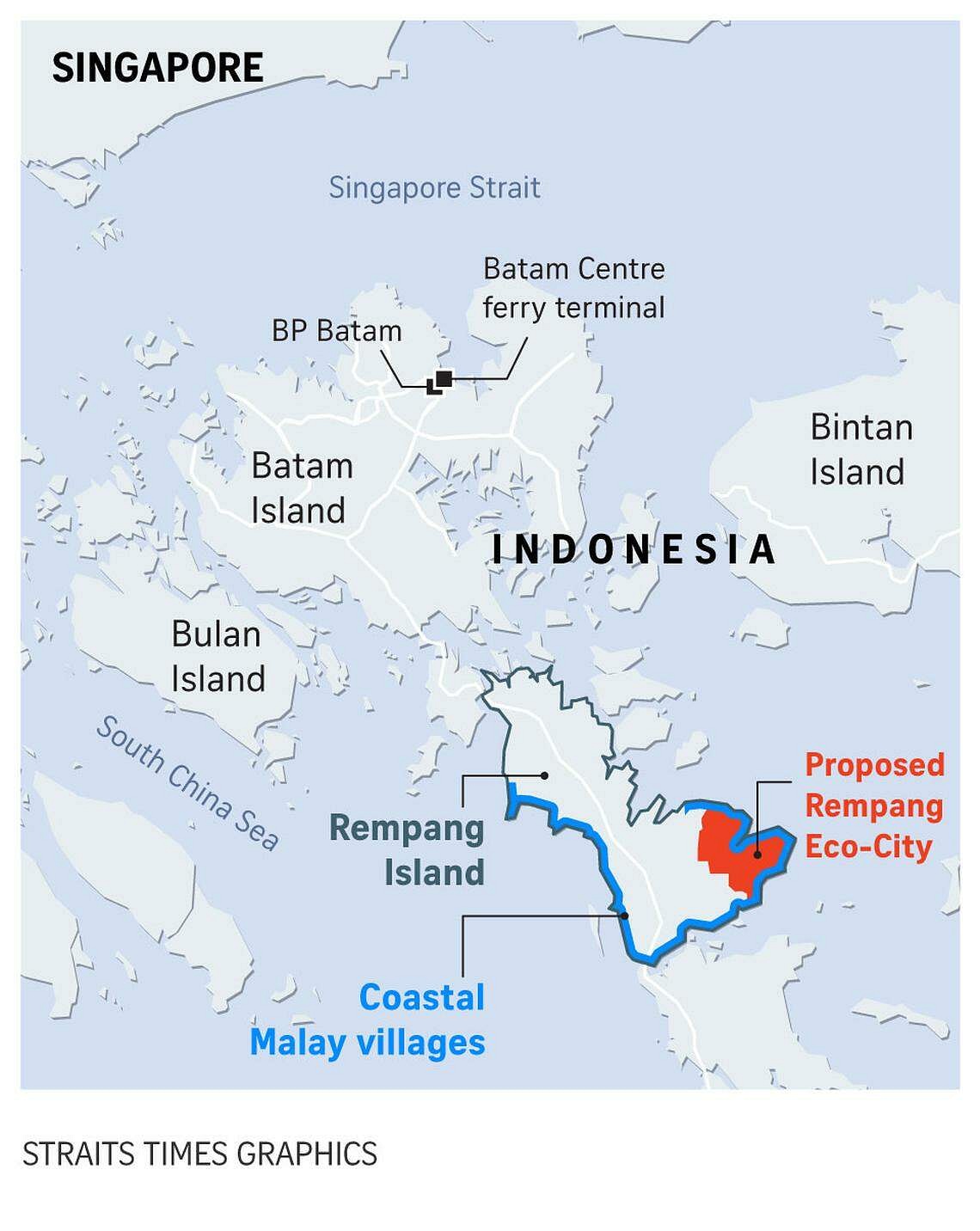
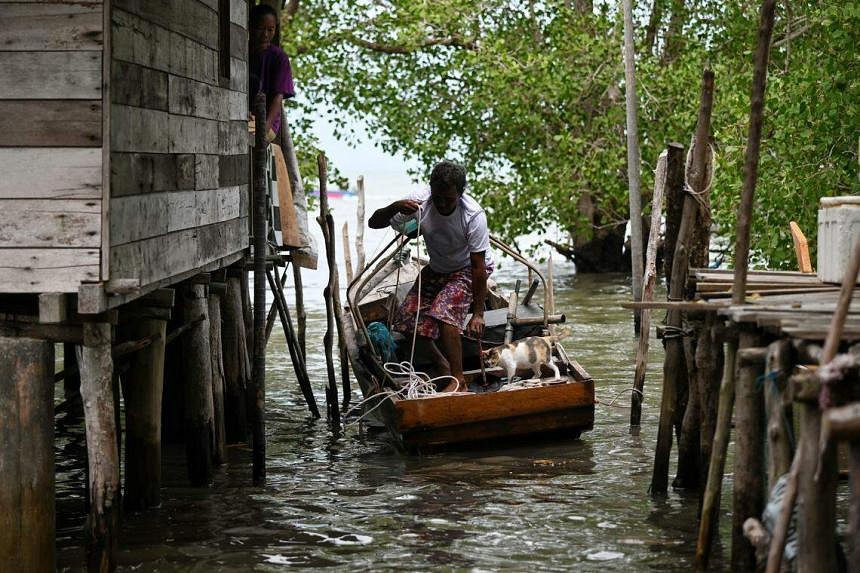
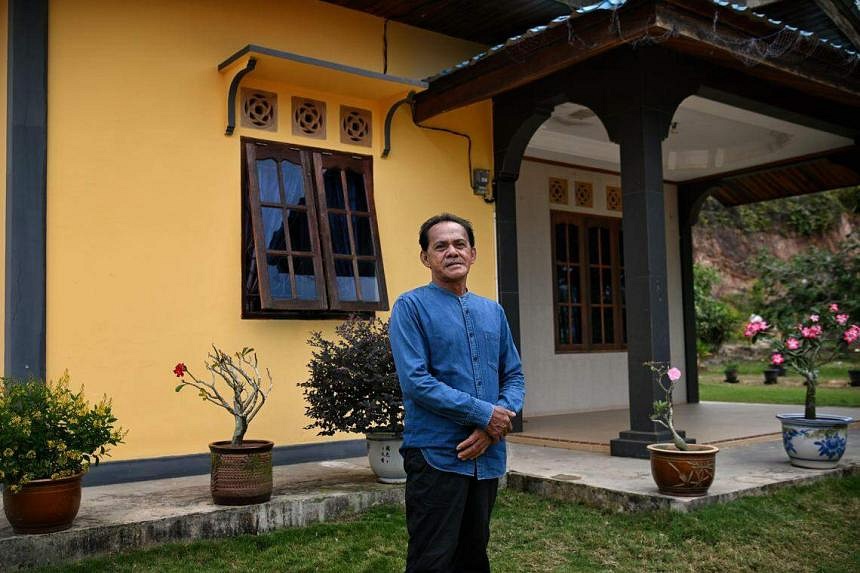 Rempang village elder Gerisman Ahmad, 65 at his home at the seaside village of Pantai Melayu, Rempang.
Rempang village elder Gerisman Ahmad, 65 at his home at the seaside village of Pantai Melayu, Rempang. 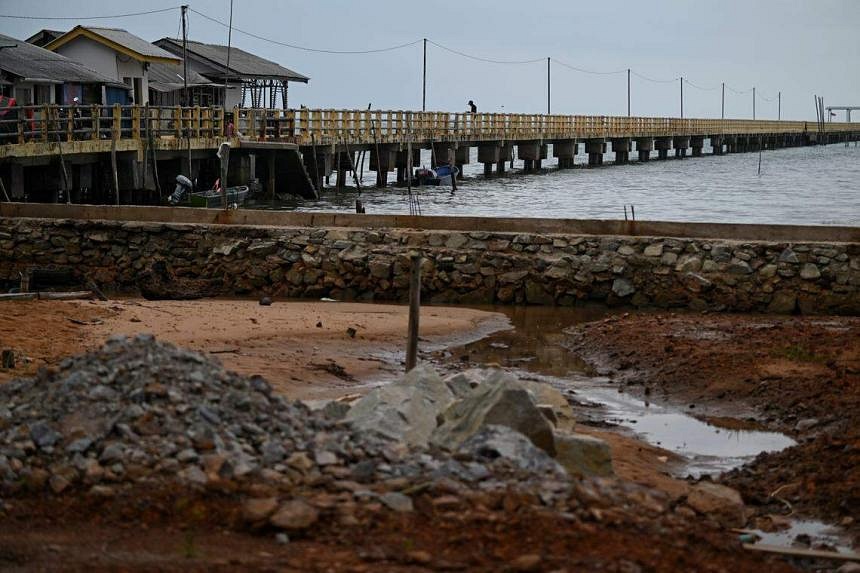 Rempang residents are also concerned about an influx of Chinese workers landing in the area.
Rempang residents are also concerned about an influx of Chinese workers landing in the area. 

